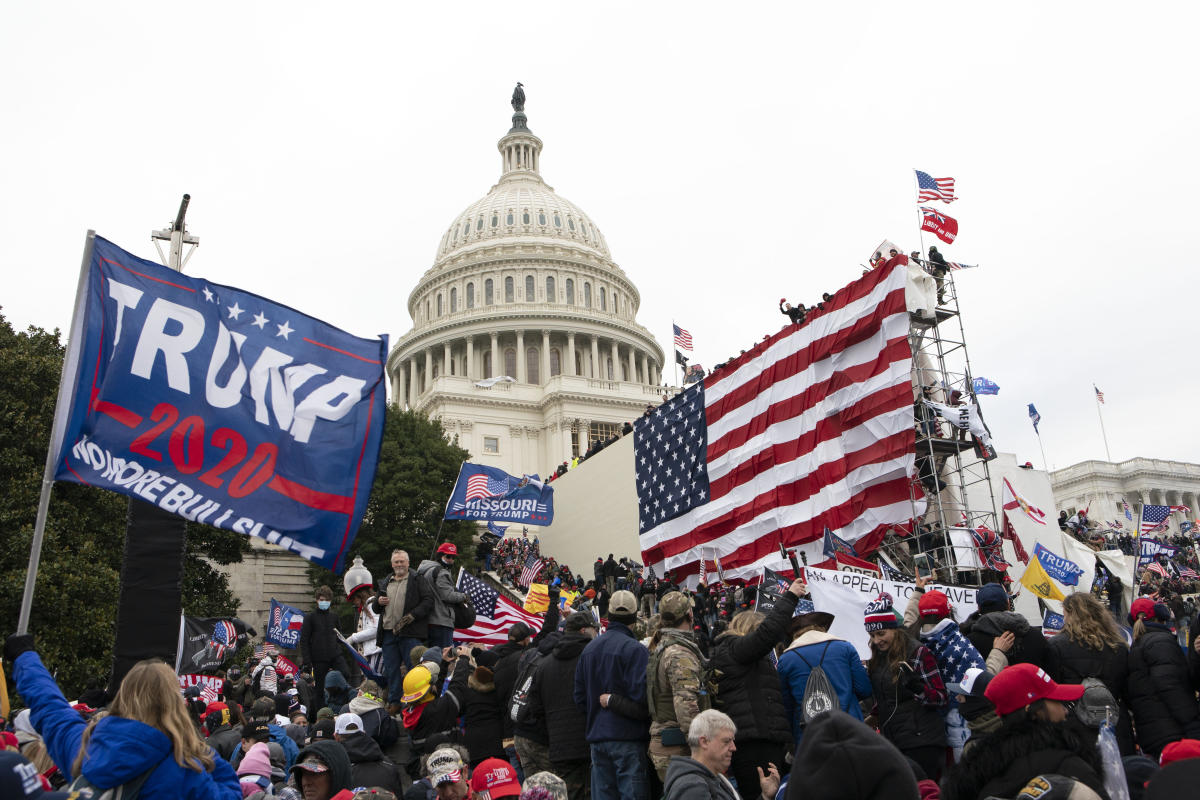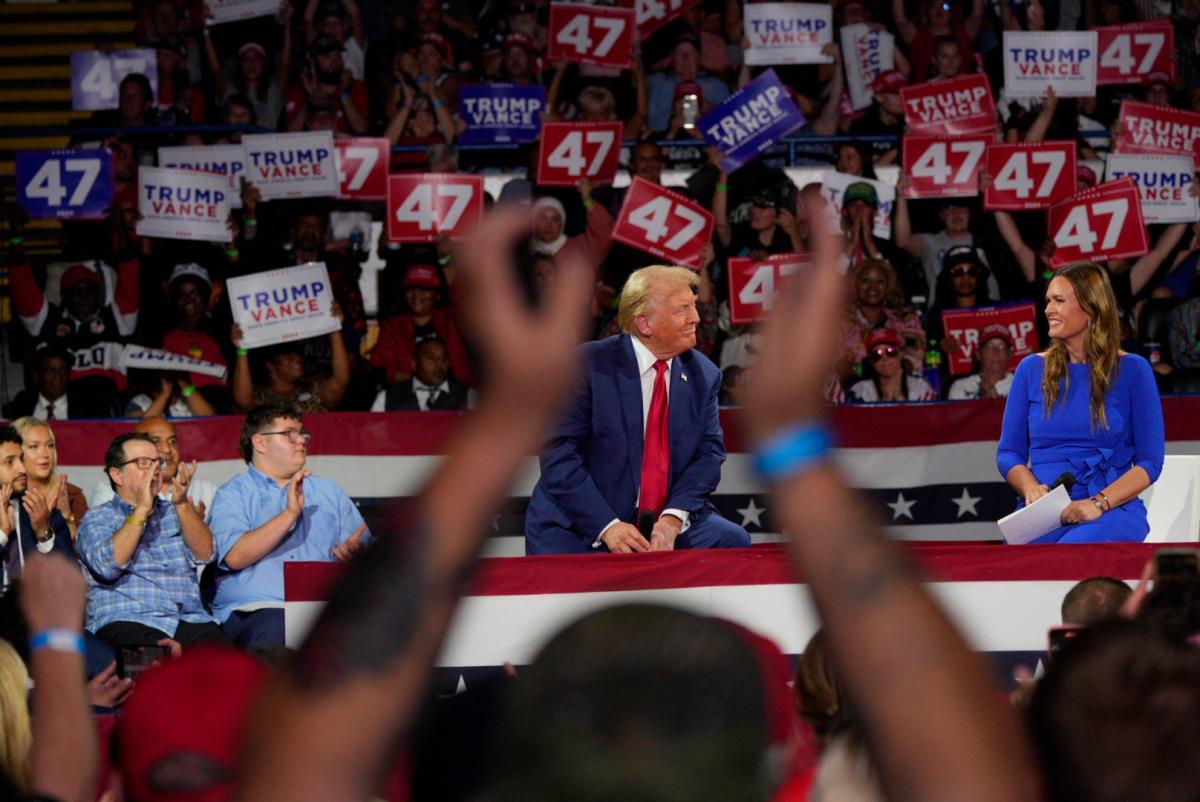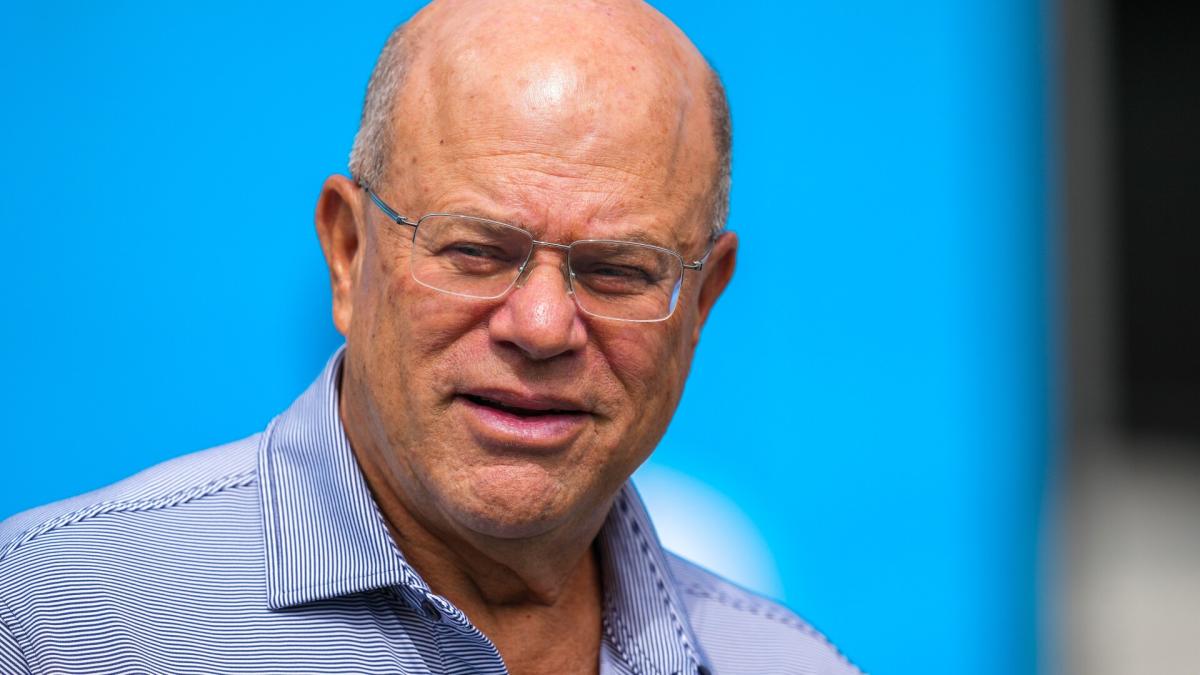Former President Donald Trump presented “no meaningful evidence” that the White House or Justice Department targeted him for prosecution over political animus or his refusal to accept the results of the 2020 election, U.S. District Judge Tanya Chutkan ruled Saturday.
In a 16-page opinion, Chutkan swept aside Trump’s attempt to dismiss his Washington, D.C., criminal case — which charges him with sweeping conspiracies to subvert the 2020 election — over claims that President Joe Biden pressured prosecutors to target his political rival. In the ruling, Chutkan said Trump repeatedly mischaracterized the charges against him, which describe far more than simply criminalizing his claimed belief that the 2020 election was stolen.
Rather, Chutkan ruled, the charges describe a sweeping attempt to manipulate and lie to government authorities in order to undermine the lawful 2020 election results. And Trump’s claim that Biden was secretly behind the prosecution relied on flimsy evidence and anonymously sourced articles that Chutkan said he described inaccurately.
Trump aides did not immediately respond to a request for comment.
The ruling is the first substantive decision Chutkan issued since the case returned to her courtroom Friday, following an eight-month pause to resolve a dispute over presidential immunity. Chutkan appears to be moving quickly to get the case back on track. In an order earlier Saturday, she set deadlines for court filings next week and an Aug. 16 hearing to consider the future timing of the case.
The selective-prosecution ruling later in the day appeared to signal that she hasn’t been ignoring the unresolved legal issues in the case as Trump’s immunity-based appeal wended its way through the higher courts and that she is working through the weekend to swiftly resolve long-stalled motions in the case.
Much of Trump’s argument that the case was brought for political reasons is based on news accounts from The Washington Post and The New York Times detailing internal Justice Department deliberations ahead of the charges Trump faces in Washington, as well as Biden’s own frustration with the pace of the investigation.
Chutkan concluded that even if the anonymously sourced stories are accurate, they don’t demonstrate that prosecutors brought the charges in order to carry out a political directive from Biden or the White House.
“There is no indication that President Biden ever expressed any such comments to the Attorney General or the Justice Department, much less that such comments actually resulted in politically motivated action,” Chutkan wrote.
In a twist, a key allegation liberal critics have leveled at Attorney General Merrick Garland — that prosecutors were slow to turn their focus to Trump after the Jan. 6, 2021, Capitol riot — redounded to the Justice Department’s benefit in the selective prosecution ruling Chutkan issued Saturday.
Chutkan said a Post article detailing the probe’s deliberate pace “reflects conscientious investigation, not political animus.”
“Overall, the article suggests that the Justice Department was especially cautious about investigating a political figure like Defendant,” wrote the judge, an appointee of President Barack Obama.
Shortly after the midterm elections in 2022, Garland appointed former Justice Department corruption prosecutor Jack Smith as special counsel to take over pending investigations into Trump. About six months later, in June 2023, Smith obtained a historic grand jury indictment of Trump in Florida, charging him with hoarding classified information at his residence there and obstruction of justice. Smith got the indictment of Trump in Washington in the election-focused case about two months later, in August 2023.
In her ruling Saturday, Chutkan also rejected Trump’s arguments that prosecutors charged him in the election case because he pleaded not guilty in the classified information case and made public allegations that the investigations were politically motivated. The judge said allowing that scenario to support a vindictive prosecution claim would give defendants a road map to derail the cases against them.
“If vindictiveness could be established by new charges following a not guilty plea or a defendant’s public criticism of the prosecution, then defendants could effectively immunize themselves from superseding indictments by taking such action,” Chutkan wrote. “That cannot be the law.”

Amanda Smith is a dedicated U.S. correspondent with a passion for uncovering the stories that shape the nation. With a background in political science, she provides in-depth analysis and insightful commentary on domestic affairs, ensuring readers are well-informed about the latest developments across the United States.







